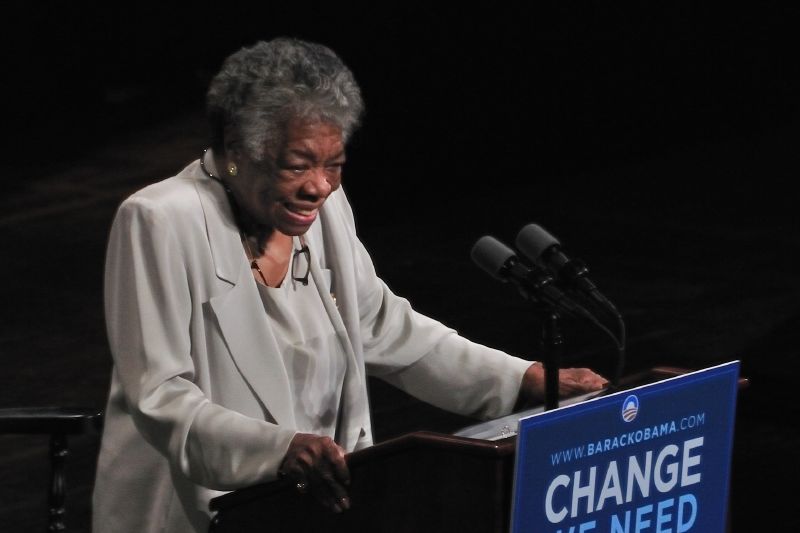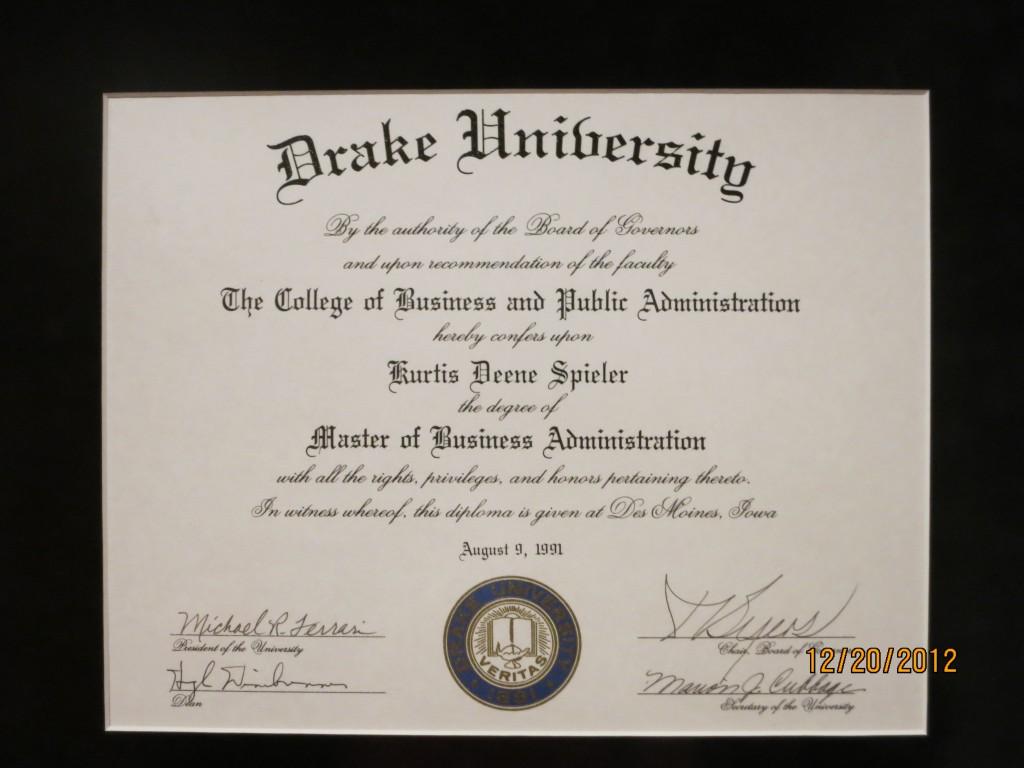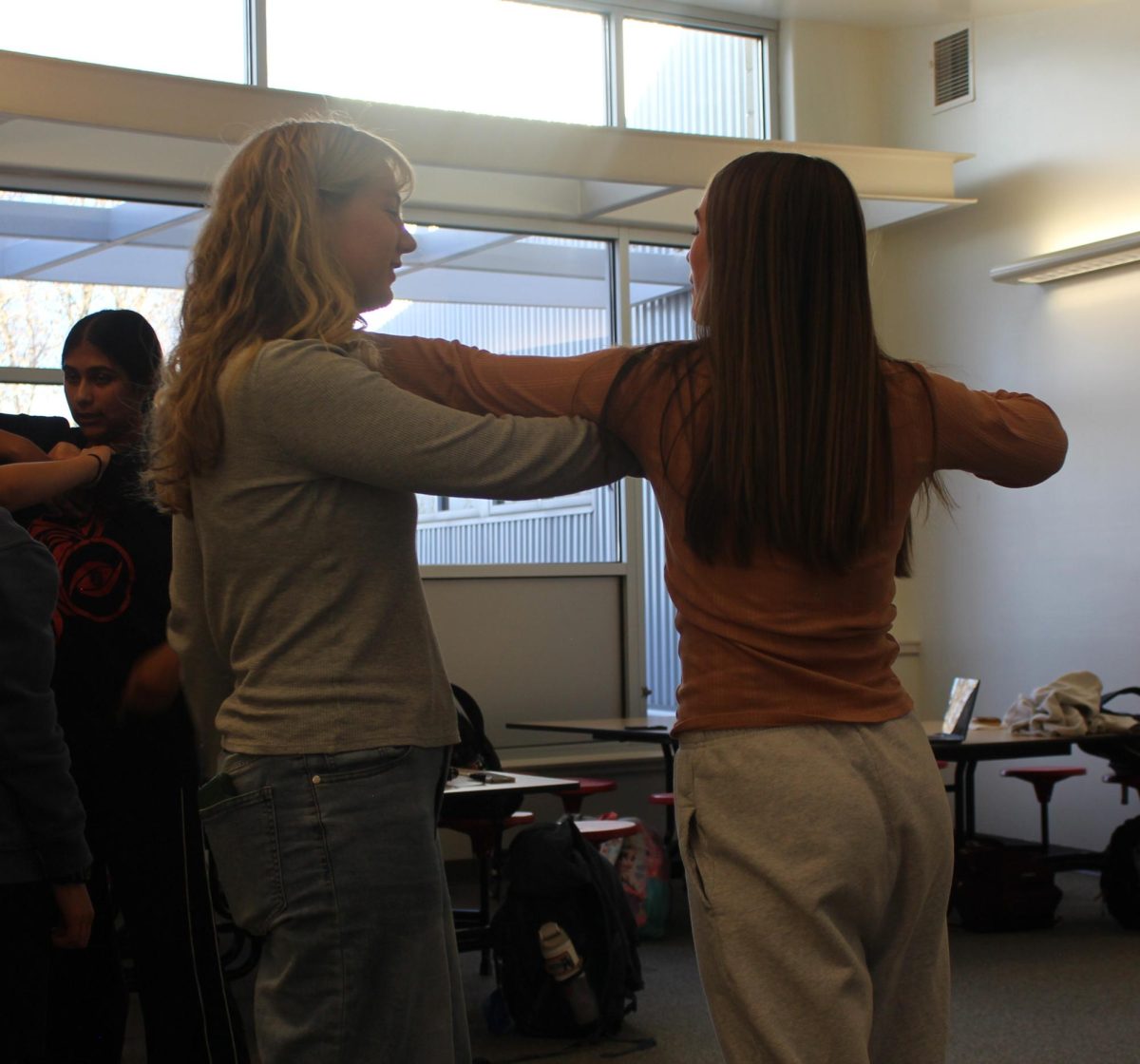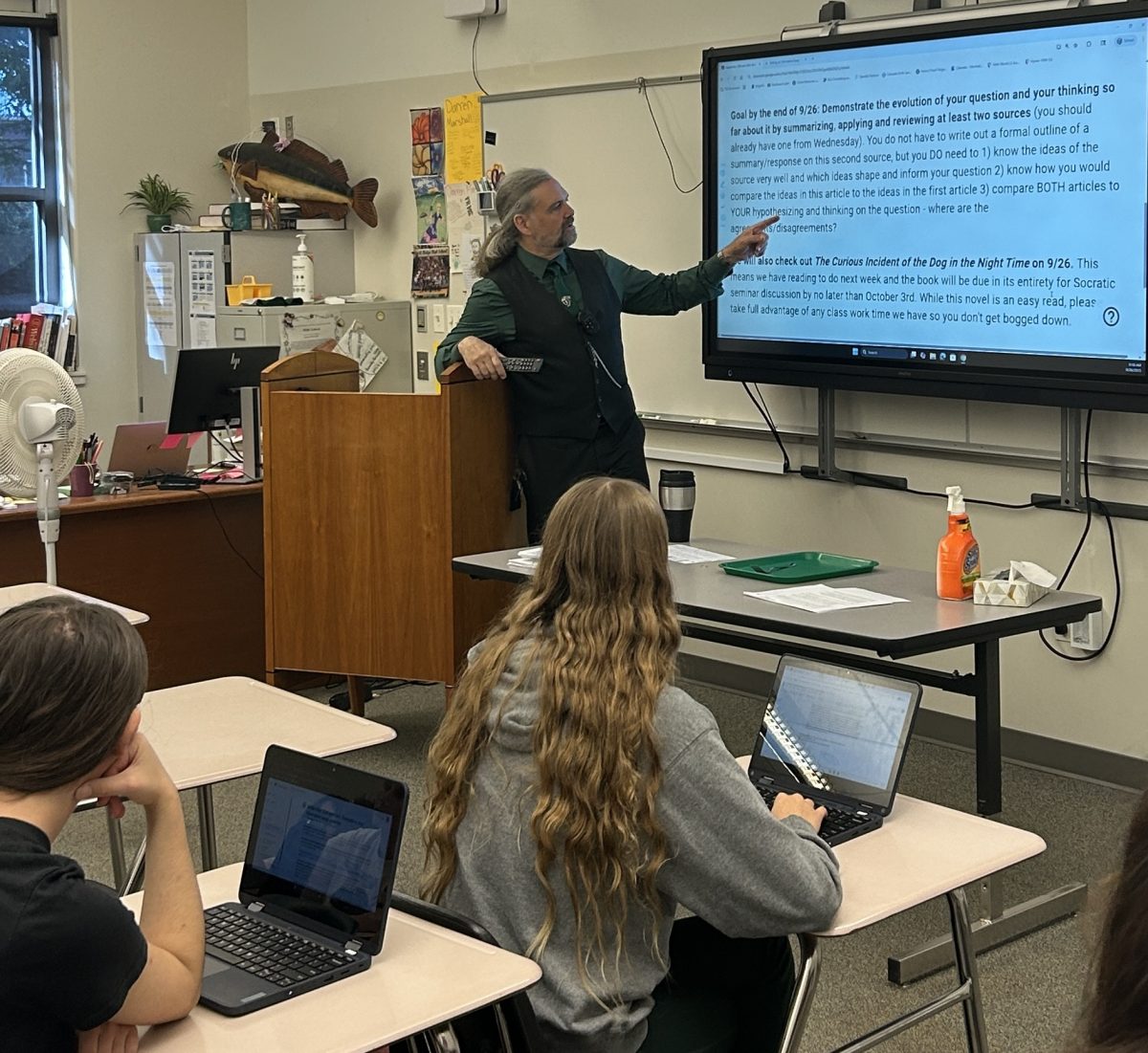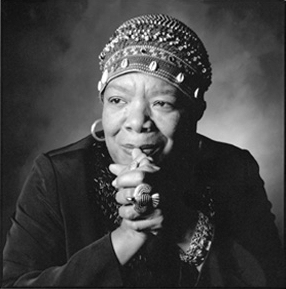
Photo Credit: Wikimedia
Words can’t even begin to describe how influential Maya Angelou has been on African-American literature and culture. Her success as a writer cannot overshadow her impelling influence in the African-American activism sphere.
Beyond her ability to write, perform, dance and act, Angelou is a woman with a Angelou’s childhood was no walk in the park. She and her older brother were sent to live with their grandmother in Arkansas after their parents divorce in her young adolescent years. Her life was dotted with situations showing the racial prejudice and discrimination in the southern United States. At the age of seven on a visit to her mother, Angelou was raped by her mother’s boyfriend. In response to the act of sexual assault, Angelou’s uncles killed the boyfriend. The trauma which Angelou received from this experience caused her to return to Arkansas a mute and inevitably, spent years that way.
Angelou’s atrocious childhood did not stop her from continuing to pursue her dreams and reach to the stars. During World War II, Angelou moved to San Francisco to study dancing and acting at the Labor School there. In order to support her and the son, Guy, which she bore when she was 16, Angelou worked multiple and numerous jobs, including being the first female African-American cable car conductor.
During the 1950s, Angelou’s acting career began to explode and she began landing roles in multiple off-Broadway productions. She also began to become involved in the Southern Christian Leadership Conference as their northern coordinator. But her acting career came to a close in the beginning of the 1960s, as she decided to spend much of this decade living and traveling abroad. Her travels took her across the world to Egypt and Ghana where she worked as an editor and a freelance writer.
When she returned to the United States, Angelou decided to write down her autobiography in the 1970 best-selling novel I Know Why the Cage Bird Sings, which depicted her childhood and young adult life. This acclaimed novel shot Angelou into the world as an international literary sensation. Even so, Angelou decided to still take another route with her life and became the first African-American woman to have her screenplay produced.
As her life has progressed, Angelou has written multiple autobiographies, collections of poetry, inspirational books and even a cookbook. But beyond all of her tangible successes, Angelou has captured thousands with her determination and her passion for life. Her perseverance through the rough patches in life has made her an inspiration, not only to those immersed in African-American culture, but to everyone who has been affected by her phenomenal stories of her continuous fight.


